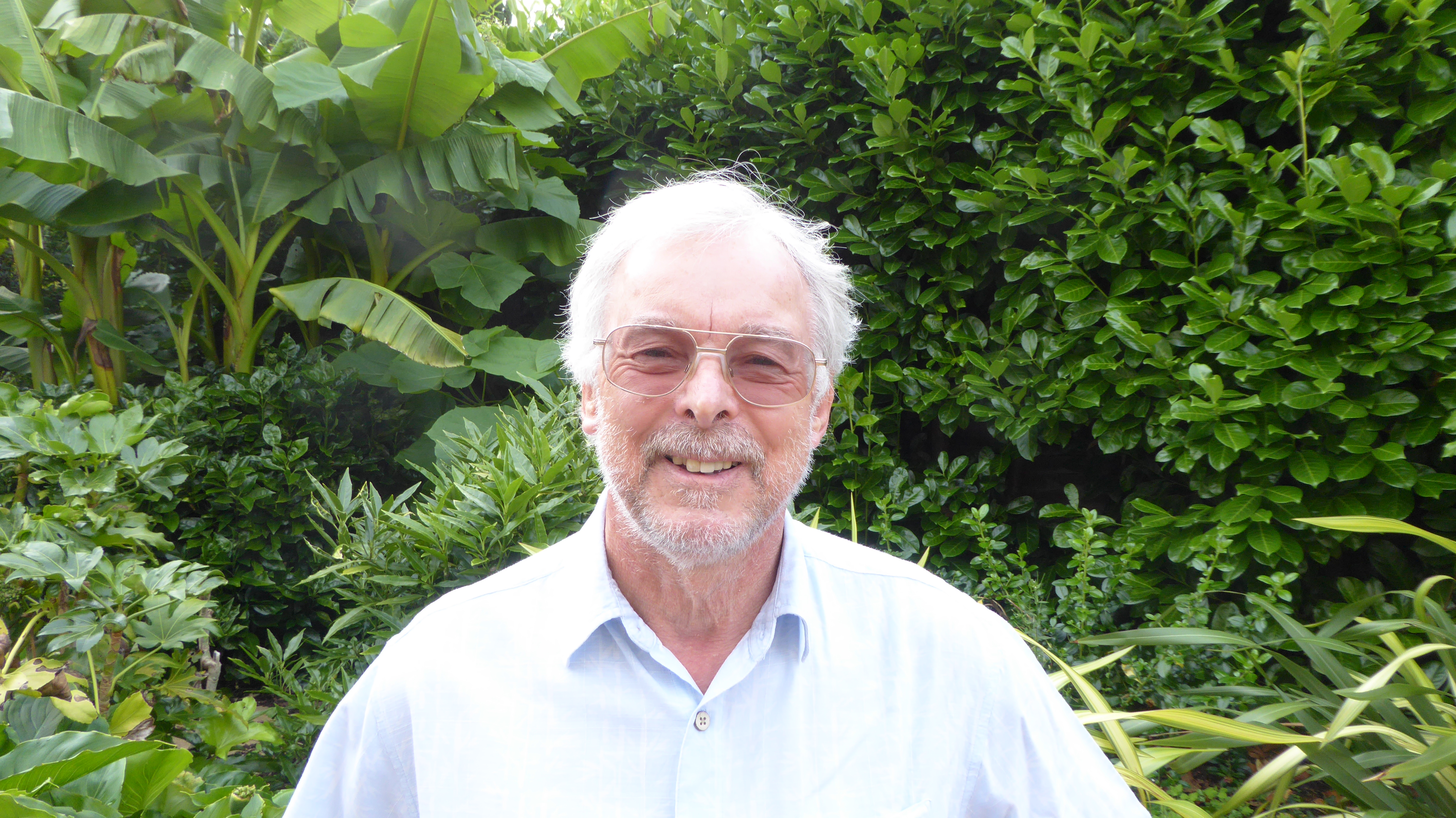The demise of the Lead Acid Battery has been predicted in certain circles, but the fact is that Lead demand is on the increase and despite the anticipated loss of much of the SLI market in the next decade, new markets are opening up. Indeed, as the world moves to green energy production so the need to store energy is opening a new and growing market for the Lead Acid Battery. However, the static nature of energy storage means that the batteries are getting bigger, and it is not uncommon to find batteries weighing 50 kilos or more. The new generation of storage batteries presents new challenges for the Lead industry, not only technical but regulatory. In order to remain the preferred storage medium, particularly in Africa and Asia recycling used Lead Acid batteries must be hygienic, safe and environmentally sound. A review of some of the best available technologies and practices sets the standard for the sustainable Lead Acid Battery Industry.
Presenters
Brian Wilson
Brian has been working in the Lead Industry for the past 40 years, initially with Britannia Refined Metals in the UK, then the International Lead Zinc Research Organization and for the past 15 years for the International Lead Association. Brian is also a member of the Pure Earth Technical Advisory Board and as an Independent Consultant has been engaged by the Basel Secretariat, UNEP, ERM, the OeKO Institute and Pure Earth. During the last 40 years Brian has worked in every continent except Antarctica and no less than 51 different countries.
